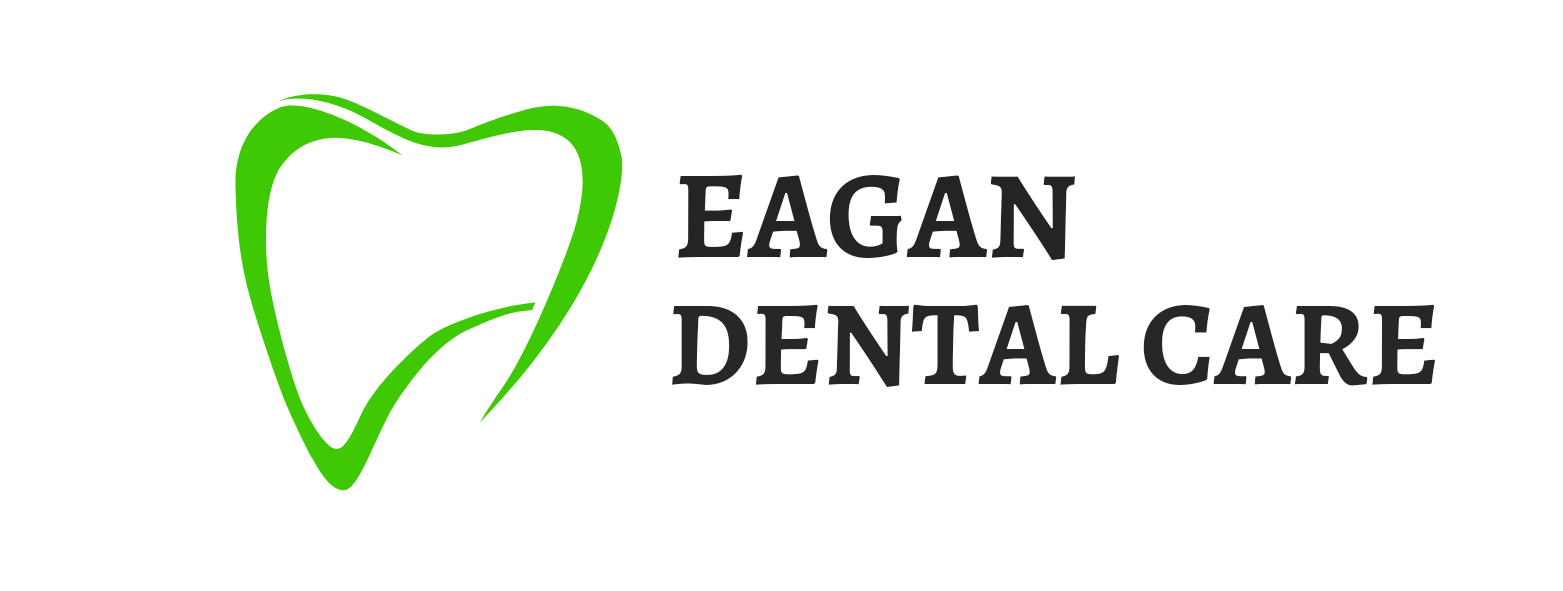Gingivitis is a common yet often overlooked dental condition characterized by inflammation of the gums, primarily caused by plaque accumulation on the teeth. If ignored, gingivitis can progress to more severe forms of periodontal disease, potentially leading to tooth loss. However, the good news is that gingivitis is both preventable and reversible with proper oral hygiene practices and lifestyle modifications.
Recognizing the Symptoms
One of the first steps in combating gingivitis is recognizing its symptoms. Since gingivitis can be painless, many individuals may not even realize they have it. The primary signs include red, swollen, and tender gums that may bleed easily, especially when brushing or flossing. Persistent bad breath, or halitosis, and gum recession – where the gums begin to pull away from the teeth – are other indicators that may point to the presence of gingivitis.
The Importance of Oral Hygiene
Good oral hygiene is the cornerstone of preventing and reversing gingivitis. Regular brushing at least twice a day using fluoride toothpaste helps remove food particles and plaque from the surface of the teeth and along the gums. Flossing is equally crucial, as it helps eliminate plaque and debris trapped between teeth, areas where a toothbrush cannot reach. Incorporating an antimicrobial mouthwash into your daily routine can further prevent plaque buildup and reduce gingival inflammation.
Professional Dental Care
In addition to maintaining a diligent oral hygiene routine at home, regular visits to a dental professional are essential in managing gingivitis. Professional cleanings by a dentist or dental hygienist remove hardened plaque deposits, or tartar, that cannot be eliminated with regular brushing and flossing. Dentists can also offer valuable personalized advice and treatment plans tailored to help prevent the recurrence of gingivitis.
The Role of Diet and Nutrition
A balanced diet not only contributes to overall health but also plays a significant role in maintaining healthy gums. Consuming a diet rich in fruits, vegetables, whole grains, and lean proteins can strengthen the immune system and promote healthy gums. Foods high in calcium and vitamins C and D are particularly beneficial. Limiting sugar intake and avoiding acidic beverages can also help reduce the risk of developing plaque and subsequent gingivitis.
Managing Stress
It might not seem obvious, but stress can be a contributing factor to conditions like gingivitis. Stress affects the immune system, potentially impairing the body’s ability to fight infection, including in the gums. Implementing stress-reducing techniques such as meditation, exercise, or hobbies can aid in maintaining a healthier, more resilient body and, by extension, healthier gums.
Lifestyle Choices
Smoking and tobacco use are significant risk factors for gingivitis. Tobacco not only irritates gums but also reduces the ability to heal properly, making smokers more susceptible to gum disease. Quitting smoking can vastly improve gum health and overall oral hygiene. Alcohol consumption should also be moderate as excessive alcohol can lead to a dry mouth, providing an ideal environment for bacteria proliferation and plaque formation.
Natural Remedies
Some individuals opt for natural remedies as part of their gingivitis treatment plan. For instance, oil pulling with coconut oil is believed to reduce harmful bacteria in the mouth. Aloe vera gel applied to the gums may reduce inflammation. However, while these remedies can complement conventional treatment, it’s crucial to consult with a dentist before attempting any alternative therapies to ensure they are safe and effective.
Recognizing When to See a Dentist
The key to combating gingivitis is early detection and treatment. However, if symptoms persist despite adequate oral care, it is imperative to consult with a dental professional. A dentist can identify potential underlying conditions, recommend appropriate treatments, and sometimes prescribe medication if necessary. Addressing gingivitis promptly can prevent its progression to advanced periodontal disease, preserving your oral health for the long term.
Gingivitis, while common, should not be taken lightly. By understanding its causes and symptoms, implementing effective oral hygiene practices, and making informed lifestyle choices, individuals can significantly reduce their risk of developing gingivitis. Regular dental check-ups, a balanced diet, and stress management further contribute to maintaining healthy gums. Remember, healthy gums are pivotal to a happy smile, and it is never too late to take proactive measures to combat gingivitis. With commitment and consistency, achieving and maintaining optimal gum health is well within reach.
